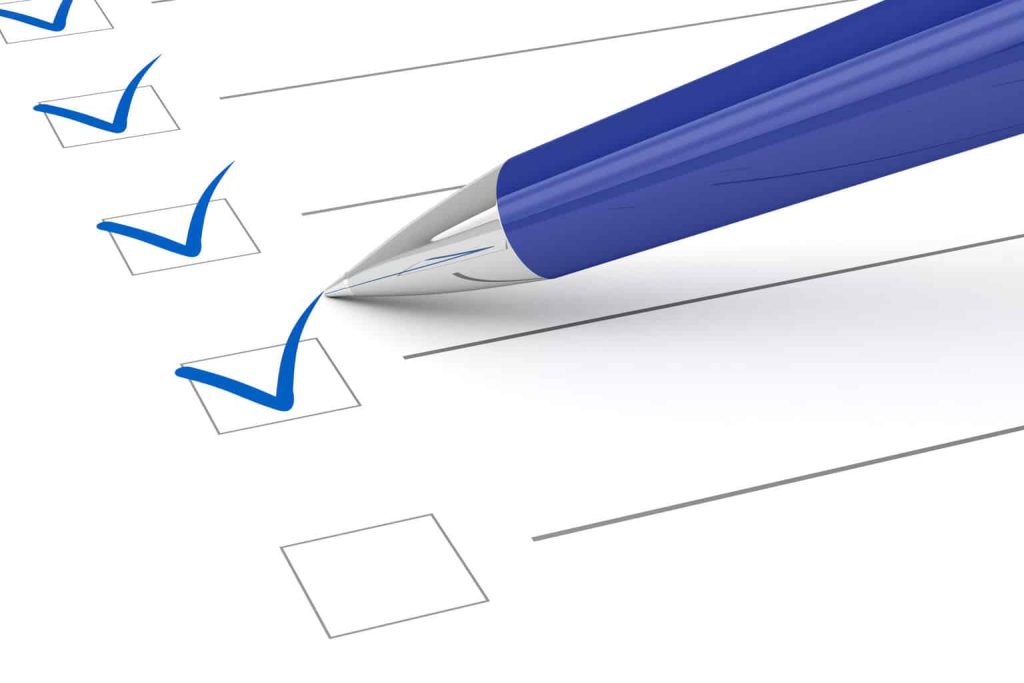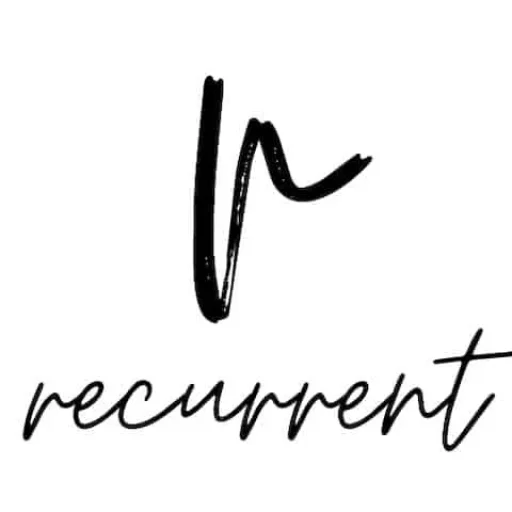Back in 2010 my wife and I, after we got married, settled into a little one-bedroom, one-bathroom granny flat at the back of a friends’ property in the middle of Sydney. Rent in Sydney was expensive at the time, and our goal wasn’t to stay there long term, but to save as much money as we could while we hunted for a house.
While we started looking online for prospective homes, we both didn’t know how to get a home loan . It was the first time for both of us buying a home, and we didn’t know what to expect, or how to prepare for getting even loan approval!
In summary, to get a home loan, you need to demonstrate you are a good borrower. A good borrower is one who meets specific eligibility criteria, such as: shown themselves to meet minimum repayments with current loans (your lender will likely perform a credit check to see your credit card, and personal loan history); have a good minimum deposit they will use towards their home purchase; and have good stable income to service the loan repayments.
Starting Out

When we started out we did what, I guess, most people do when wanting to find out about getting a home loan: they start with the bank they currently do their transactional banking with.
At the time our transactional bank was ANZ, my wife had been a long-term customer of ANZ – in fact, ANZ had been her only bank since she started being gainfully employed and needed a place to put her wages.
After scheduling a meeting with our local branch about our viability for obtaining a loan, there were several things we learnt that weren’t obvious: nobody gets any special discount on their home loan interest rates (unless you’re a bank employee!), and even though you’ve been with the bank since forever, they still will make you complete all the necessary paperwork.
That’s the boring stuff.
If you do something similar with your bank and have that friendly chat about what they can offer, you’ll also discover there is only one thing on the banks’ mind in assessing your application: RISK .
How risky is it to give you a bucket of money for a house?
Here is how we helped show our lender that we weren’t that risky :
Capacity To Repay

When borrowing money for the purchase of a home, you begin to realise it’s going to be a sizeable amount of cash that somebody will be putting up for you, and the expectation of that person lending you this copious amount of money is that they need to believe you will be able to pay it back.
Therefore, you need to show your capacity to make repayments.
How do you do this?
Nobody knows the future, but the past sure does provide a good indication. Therefore, you could show how much you currently have in savings, and/or what your net cash flow is projected to be over time, and/or what is your source of income.
Current Savings

Showing your current savings will help the bank to see what you are likely to commit to the purchase price of your home. The more money you can contribute to the purchase price, the less the bank will need to provide by way of a loan.
While there will not be an expectation of you to commit all of your savings towards the loan, you will need to inform the bank how much you’re going to need – they will then be able to deduce how much of your savings you’re committing.
Net Cash Flow Budget
If your cash flow could be better, then it might be time to knuckle down and make the sacrifices necessary so that you can get a nice house. As mentioned previously, my wife and I started living in a tiny little granny flat when we first got married. We did this because the rent was very cheap, which meant we could save more.
If you don’t have any savings, then you should start today. Do you know where your money goes each week? Are you keeping to a budget?
Your bank will ask you how much you spend on certain categories, such as food, utilities (etc). If you do not know the answers to these questions, then it shows you aren’t responsible.
As my grandfather would often tell me: if you can’t be responsible with the little you’ve got, what makes you think you’ll be responsible with a lot!
Income Sources

When my wife and I applied for a loan, I realised I was the riskiest of the two: why? I had just moved to Sydney and had just started a new job as a teacher. Whereas my wife had been in her place of employment for over 10 years. Therefore, her employment was considered stable, whereas mine was not.
I was still on probation at the time when we walked into the ANZ branch, and we were told to come back again once I was out of my probationary period. Being on probation with work meant the employer could let me go at any time, whereas once out of probation I would be a permanent employee, and as my job was full-time, I was to be a permanent full-time employee.
Besides knowing the source of your income, the lender will want to know how secure that source of income is: does your income vary week by week, or month by month, or is it seasonal – is this due to your job, or the industry, or the role you have: are you casual, permanent or fixed term, etc?
Your lender needs to know the answers to the questions to determine your capacity in being able to repay the debt back.
Your Contribution To Home Purchase

Having a large pool of savings is a great way to help minimise the risk for the lender. Why? If these savings are put towards the cost of purchasing the home, it means the lender contributes less towards the purchase, and has a buffer should they need to sell the property to recover their money.
An often quoted target for a good house deposit is 20% .
Therefore, the larger the deposit you can put towards the home purchase, the better it will be for both parties. For example, if you put a 20% deposit towards the purchase of your house, and you borrow the other 80%, the bank has this 20% buffer should it need to sell the home quickly.
What if I can’t save for a deposit?
An advantage of putting up a sizeable deposit on the purchase of a house is that it reduces the risk for the lender, but what if you can’t save this amount of money?
If you’re unable to save for a sizeable deposit, then the bank will require you to take out lender’s mortgage insurance. This is to help minimise the risk of the loan to the bank and means because you are risky and should you default on your payments and the bank sells your home and is still short on recovering their capital, they can use this insurance to recover the difference.
If you don’t have the appropriate deposit and need to take our lenders mortgage insurance (LMI) then there are a couple of options available to you: you can pay the LMI in a one-off amount, which most people who don’t have a deposit will unlikely be able to do, or you can add it into your monthly repayment schedule.
According to MoneySmart website the average LMI fee is around $6,200 , and can be higher if your deposit is smaller.
To find out more about the mechanics of LMI see the Insurance Council of Australia’s website on lenders mortgage insurance and how it all works.
Pre-Loan Checklist

Being aware of what a lender will be looking for when you approach them seeking a loan, should better help you with your preparations .
Therefore, you’ll want to work on your own personal finances – start tracking your money today and then start budgeting .
Once you’ve got around 6 months of solid savings under your belt, you’ll have a good idea of a possible trajectory for your house deposit, as well as what the lender is likely to give you to borrow.
By working hard over the next 6 months, it will also help with any potential new jobs you’ve started. As you may be in a probationary period, you’ll have difficulty minimising risk to your lender if they see you’re only recently employed.
Approach Multiple Lenders

One final word with getting a home loan, is to find a good mortgage broker. You really want to find loan experts who are not wed to their own loan products (as a bank or credit union would be).
After my wife and I approached our local ANZ branch about what they could provide us by way of a home loan, we knuckled down, saved more money and then knowing what we did about what a lender looks for, we then approached a mortgage broker.
Our mortgage broker took our necessary details, and then went and worked on finding us the best deal based on what we were looking for in a home loan, as well as the maximum loan amounts we could afford. They also held our hand with the loan contract and loan settlement process, making sure we didn’t miss anything and kept us updated on the loan approval, and were extremely helpful with our home purchase.
Therefore, don’t be afraid of seeking someone like a mortgage broker who can traverse the landscape of home loans on your behalf to help find the best deal for you.
And don’t just stick with one mortgage broker!
We actually tried 2 different mortgage brokers, before we settled on the one who we both thought was providing us with the best information and deal.
(For the curious, the mortgage brokers we both tested were Aussie Home Loans and Mortgage Choice – and for the extra curious, Mortgage Choice was the mortgage broker which we ended up going through with our mortgage.)
Summary
If you’re looking to get a home loan, remember the main thing the lender will be assessing you on: RISK . Are you a risky investment?
By working on elements you can control, such as your job, your savings rate, how much you will be preparing to put towards your house purchase, you’re helping to show how you’re minimising risk for the lender and this will help with your home loan application and the amount you would like to borrow.

